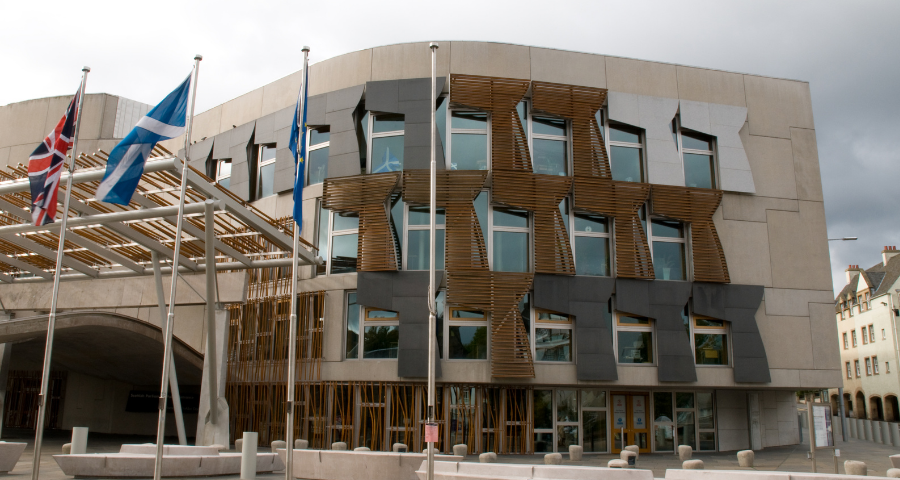13th January 2022

Organisations release joint statement in opposition to proposed bill
SDF and six other organisations have released a statement on the proposal by Douglas Ross MSP for a ‘Right to Recovery’ Bill in Scotland.
Organisations with stakeholders with living experience of problem substance use, people in recovery and families affected by problem substance use as well as stakeholders providing services and working to improve policy and practice have joined to reflect a consensus that the proposals are impracticable and would, if implemented, lead to unintended consequences.
The statement, backed by SDF, Crew, Families Campaign for Change, HIV Scotland, Recovering Justice, Release, and Scottish Recovery Consortium, published this morning reads:
“Problem substance use is Scotland’s most significant and urgent public health issue. The prevalence of problem substance use and the harms associated with it are rightly a matter of national concern.
The challenge facing Scotland in terms of problem drug use is now universally acknowledged and delivering the National Mission to Reduce Drug-related Deaths is key in addressing this.
The evidence is that treatment is key to protecting people from drug-related deaths and supporting people with problem substance use more broadly. Overall, the treatment system in Scotland lacks the quality, diversity and capacity to fulfil its potential in protecting people from substance use related harms including drug-related deaths.
In this context, the proposals in the draft Bill are a welcome opportunity to extend public awareness and discussion of these issues. However, we cannot support these proposals because they will result in unintended consequences which are detrimental to improvement in Scotland’s treatment system for people with problem substance use and the delivery of the National Mission.
In summary, if enacted, the Bill would
- further disempower people presenting to treatment services, establishing an oppositional rather than a therapeutic relationship between the treatment provider and the person engaging in treatment;
- consolidate the idea that people with an addiction are not to be extended the rights afforded under the Equality Act to other people with significant health conditions;
- run counter to the rights-based approach of current strategy on which there is a broad consensus and replace it with a legislative approach and
- threaten the cross-party and broader consensus which is essential not only in delivering the National Mission but in progressing wider public health priorities on substance use.”
Scottish Drugs Forum CEO, Dave Liddell, explained the issues that meant that SDF could not back the proposed Bill. “In discussion with stakeholders and members it became apparent that the proposal is unworkable, runs contrary to the priorities around a rights-based approach and evidence-based practice and would result in negative outcomes unintended by the authors.
“Firstly, the proposals are based in a false premise about the aims of treatment and a narrowly focussed recovery, about abstinence rather than quality of life. That served as the premise of The Road To Recovery strategy that was so damaging to Scotland in the past. A strategy that the drugs field and the wider policy context has now moved well beyond. This wider view of recovery is vital if we are to deliver on reducing drug-related deaths.
“Also, the proposals, if implemented, would further disempower people with a drug problem seeking treatment by giving others the power of veto over their treatment choice. This would potentially damage the establishment and development of a therapeutic relationship on which the success of all drug treatment ultimately depends. The MAT standards are an indicator of what should be negotiated – an informed choice in the context of expert advice and support.
“And lastly, the bill would be neither sufficiently radical nor bold enough to achieve its aims. People with a drug problem will have the rights they need and deserve, when they are fully recognised under the Equalities Act – an act which currently enshrines in law their stigmatisation and marginalisation by explicitly excluding them.”
The consultation on the proposal for a Right to Recovery members bill closed for consultation on 12 January.
